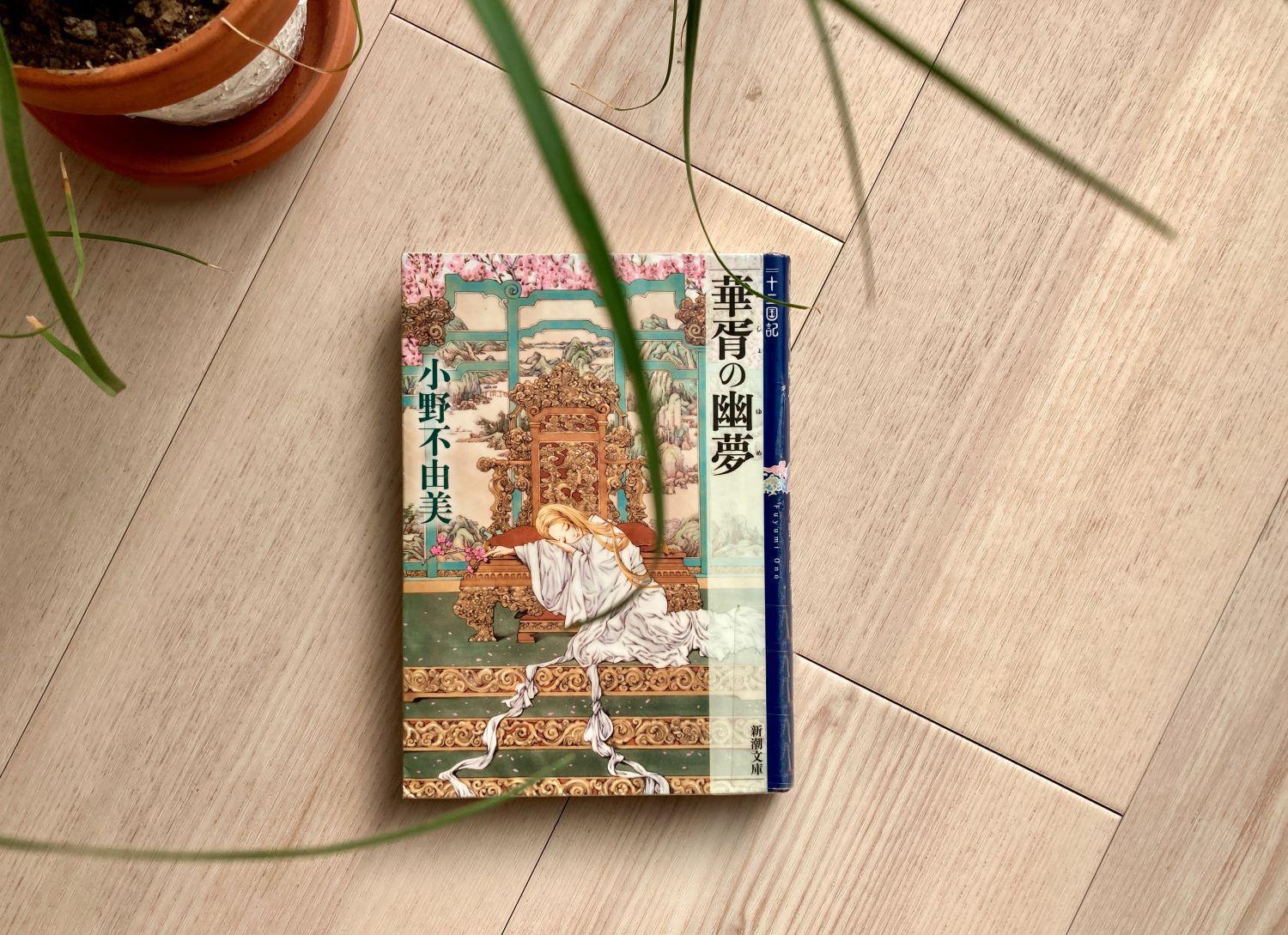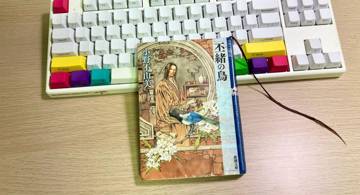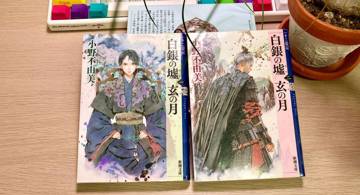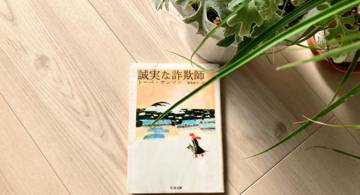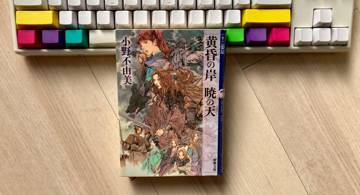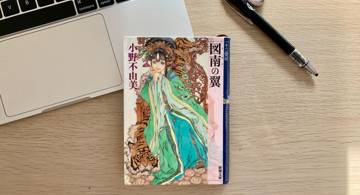Overview
Continuing from the previous post:
The previous story depicted a major upheaval in the Kingdom of Tai, beginning with the Bun Province Rebellion. I was curious to see where the story would go next, but it turns out this volume is a short story collection—a pause for reflection. Here’s a brief summary and my impressions.
Summary
"Winter Splendor" (Touei 冬栄)
- The story of an envoy traveling from the Kingdom of Tai to the Kingdom of Ren.
- Taiki, feeling useless in Ren’s capital, Juurei, receives words of encouragement from Ren’s ruler, King Seitaku (世卓).
- “That’s all?” “That alone is incredibly important. … Perhaps that is the very essence of a kirin’s duty.”
"Riding the Moon" (Jougetsu 乗月)
- This story follows Gekkei (月渓), who killed Shoukei’s father, King Chuutatsu (仲韃), and wrestles with guilt before deciding to serve as a provisional king.
- Gekkei initially resists taking the throne, believing himself to be a villain. But that wasn’t entirely true.
- King Chuutatsu was a just and frugal man, often giving practical gifts such as stationery supplies. His former retainers, including Gekkei, admired him deeply. However, Gekkei sorrowfully killed him for the sake of the people, and he hesitated to usurp the throne of a man he respected. Incidentally, Queen Kaka (佳花) was revealed to be a truly wicked woman.
- Realizing his duty, Gekkei takes up the mantle of provisional king for the sake of the people.
- “Though the queen was wicked, I could not bring myself to hate her.”
"Correspondence"
- A story of letters exchanged between Queen Youko (陽子) of Kei and her close friend Rakushun.
- Despite facing challenges as a half-beast in the Kingdom of En, Rakushun finds support from friends like Meiken (鳴賢) and works hard toward earning inkyo (允許, college credits, it seems).
- Meanwhile, Youko struggles with her role as a new ruler, as expected.
- “We’re both just putting on a brave face. But we know that about each other. … And that’s fine.”
"Prosperity" (Kasho 華胥)
- Following the unpopular previous king, Shishou (砥尚) was chosen as the new king of the Kingdom of Sai.
- However, the kirin lost the mandate, and no one could figure out why. Shishou’s rule was entirely different from the misrule of the previous king.
- Yet, Shishou and his ministers could only articulate their ideals by opposing the former king. They never questioned their own certainty.
- “Only by pointing out, ‘Not that way, but this way,’ can correction begin,” says Kouko (黄姑), who is poised to become the next ruler of Sai.
- Incidentally, misunderstandings about the function of the treasure Kashokukada (華胥華朶) caused much of the trouble. How had no one checked its workings before? It seems basic due diligence was overlooked.
"Return to the Mountains" (Kizan 帰山)
- The Kingdom of Ryuu (柳国) boasts a well-structured rule of law but appears to be on the verge of decline.
Impressions
- I learned the term Four Treasures of the Study for the first time. It refers to the brush, ink, inkstone, and paper in Chinese tradition.
- In modern terms, it’s like the keyboard, mouse, office chair, and monitor.
- The Twelve Kingdoms feels less like traditional fantasy and more like a collection of parables with moral lessons. This tone becomes even more pronounced in the short stories.
- Interestingly, the title Dreams of Prosperity echoes the Chinese legend of the same name. It aligns with the dream-inducing powers attributed to Kashokukada in the story.
